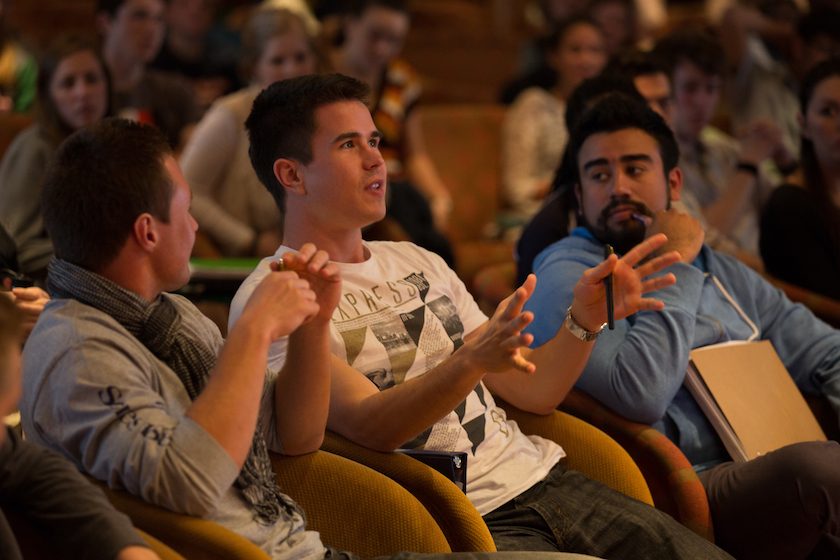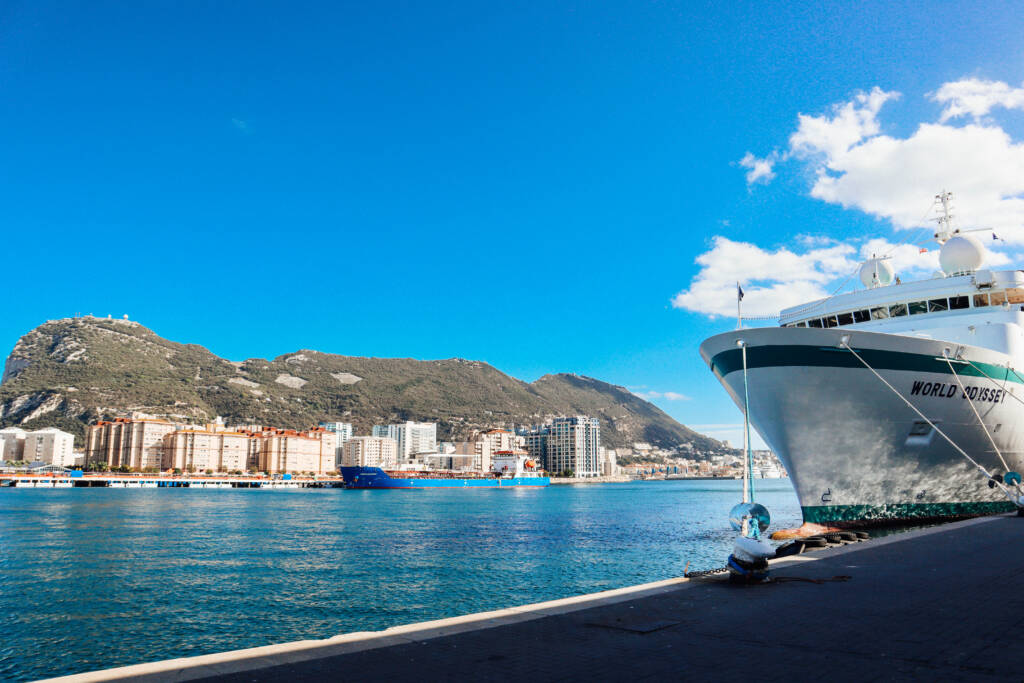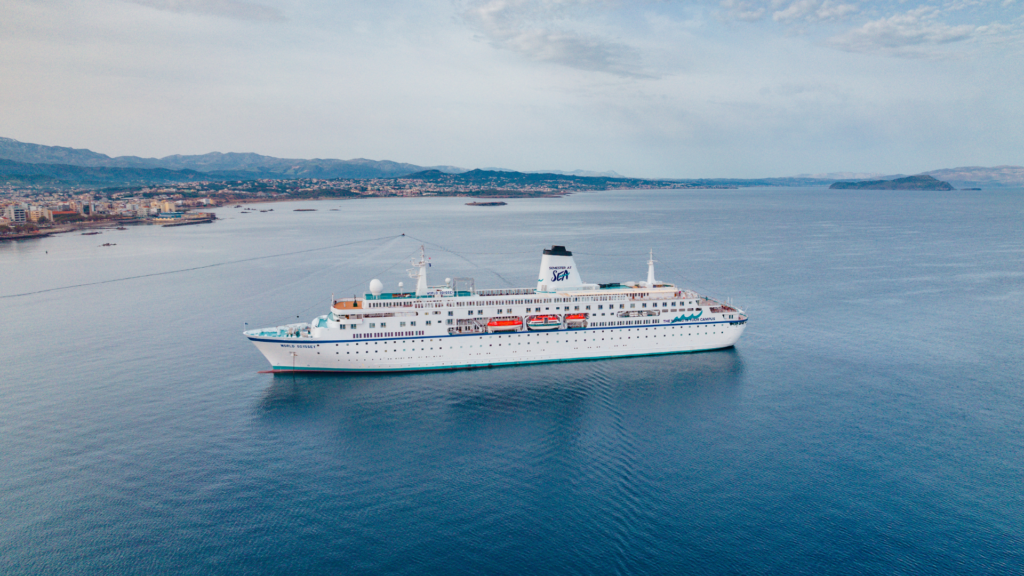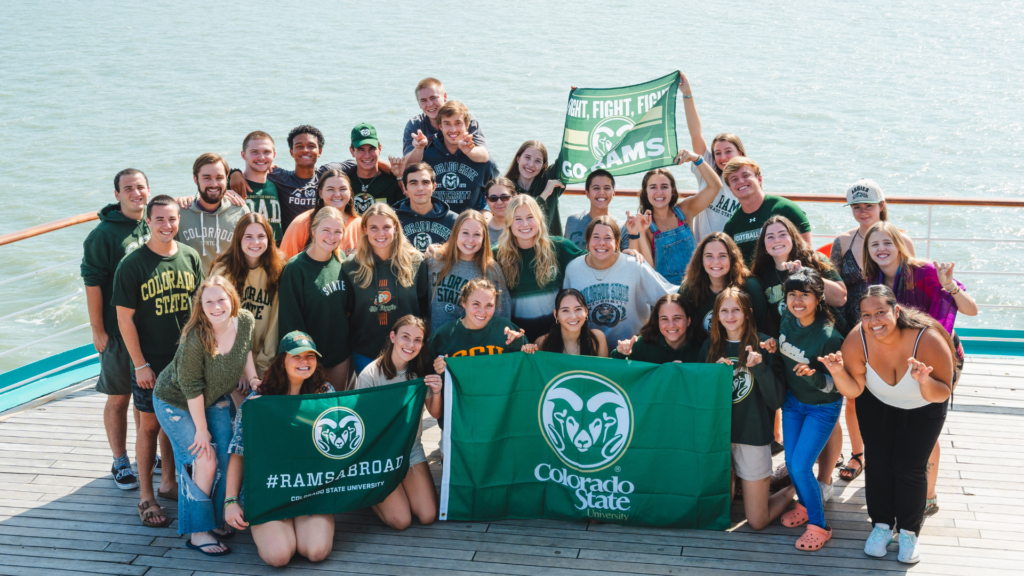Students who are enrolled in the Global Comparative Lens class called Sustainable Global Entrepreneurship are getting a crash course in how to make a difference. The course not only introduces students to the wide range of social and environmental challenges facing our world,
it also teaches them how to apply design thinking methodologies and for-profit business models to solve these pressing issues in innovative ways. The photo essay below provides a brief introduction to this incredibly unique class.
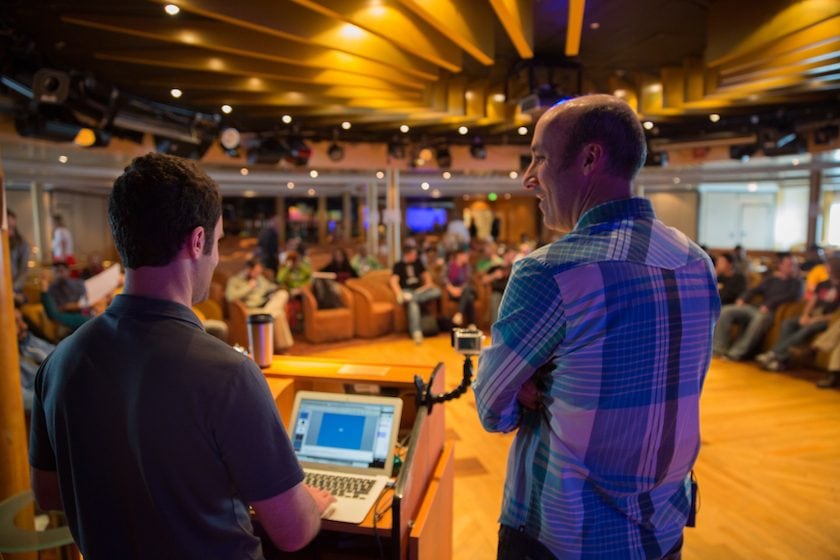
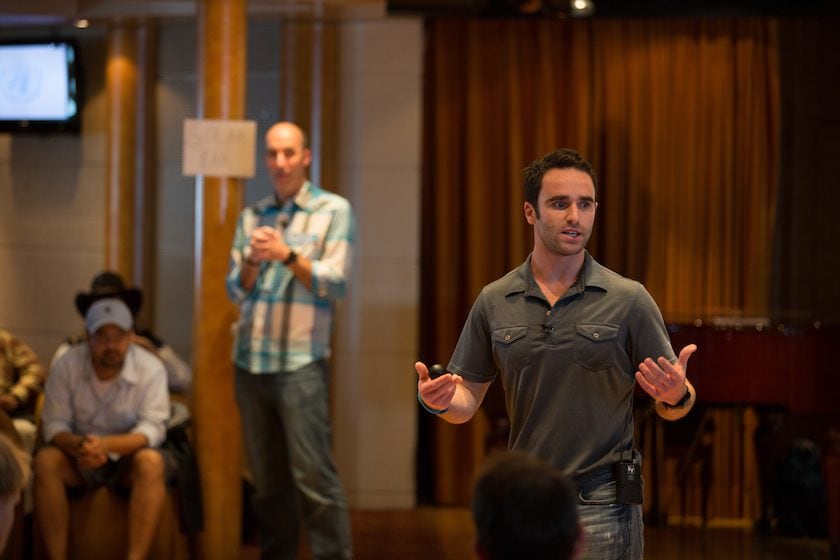
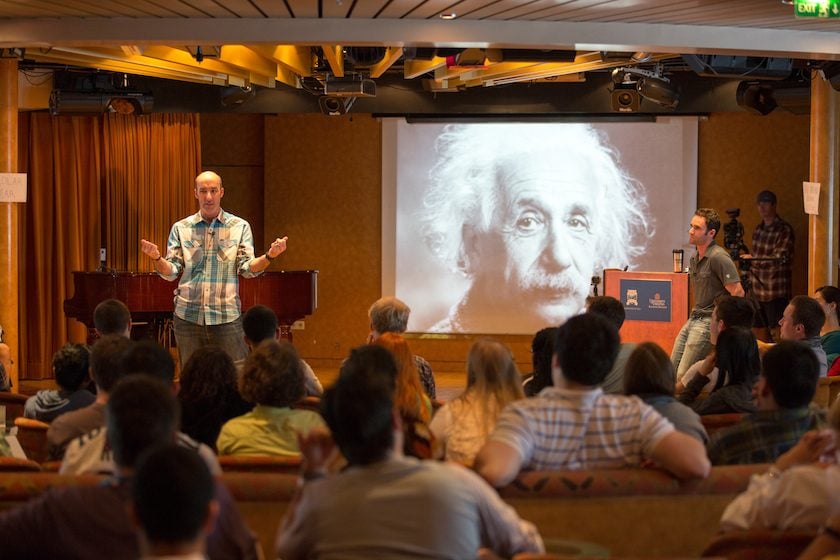
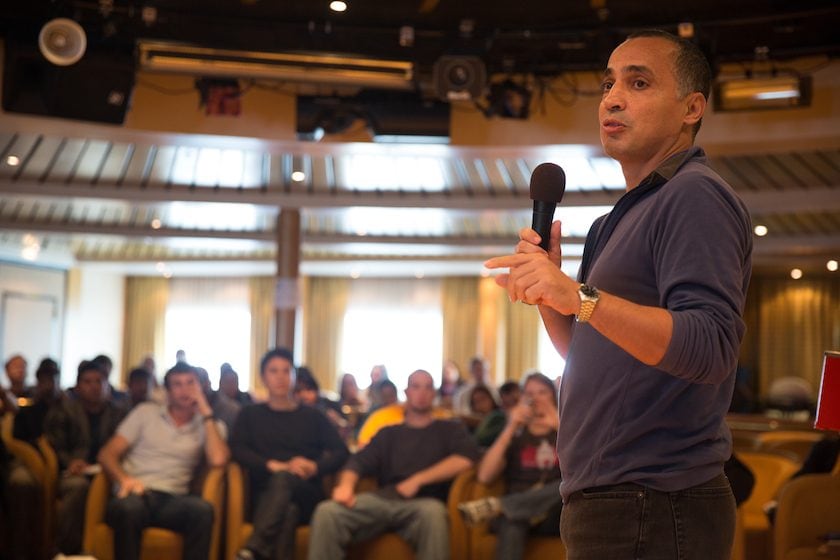
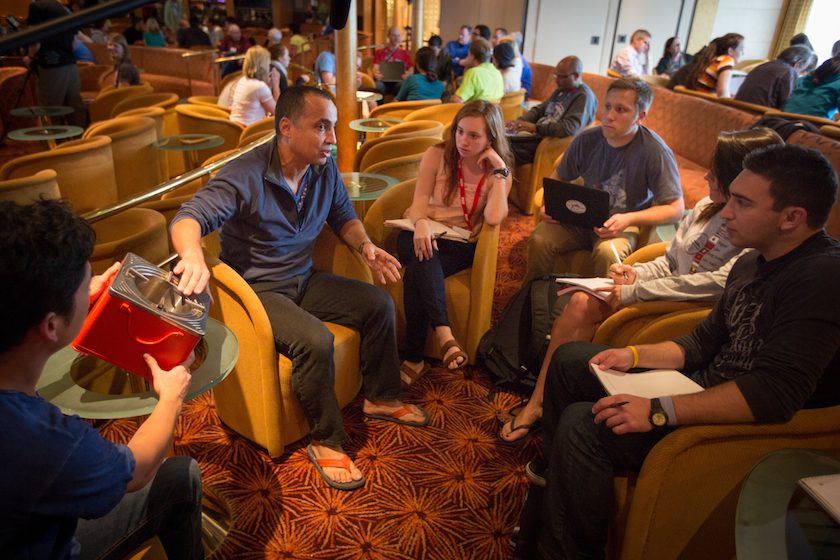
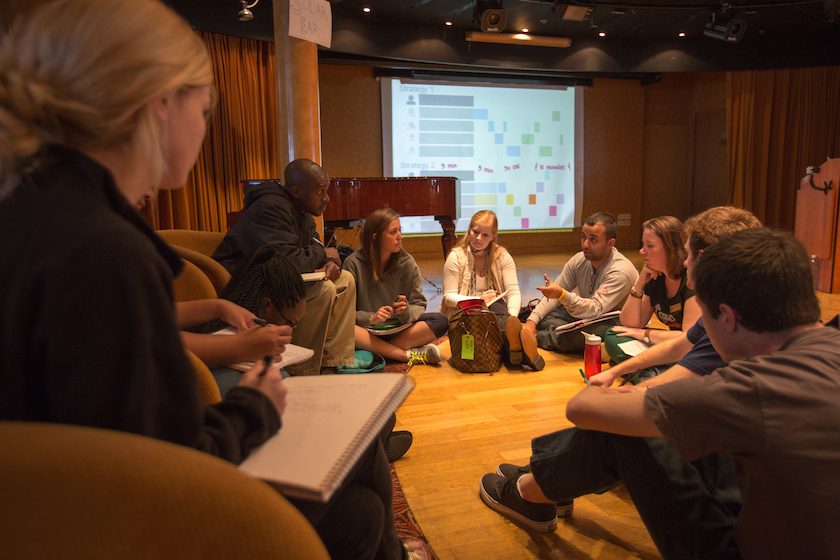
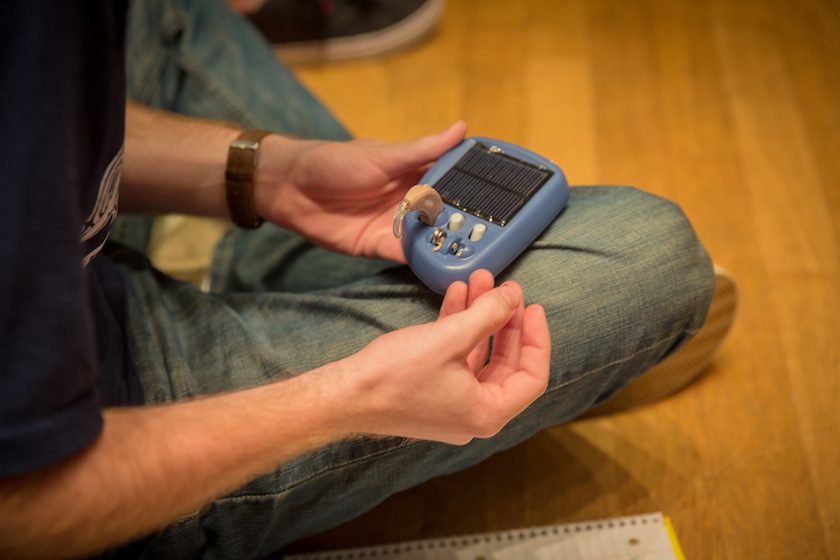
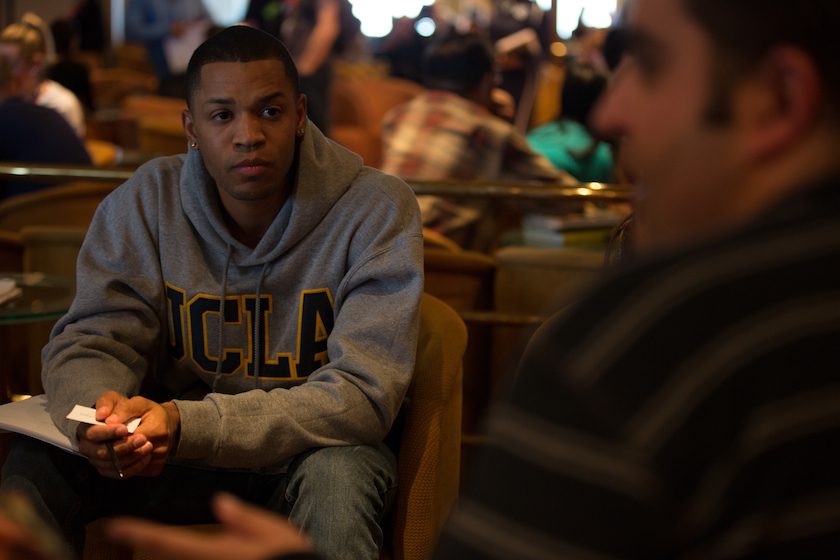
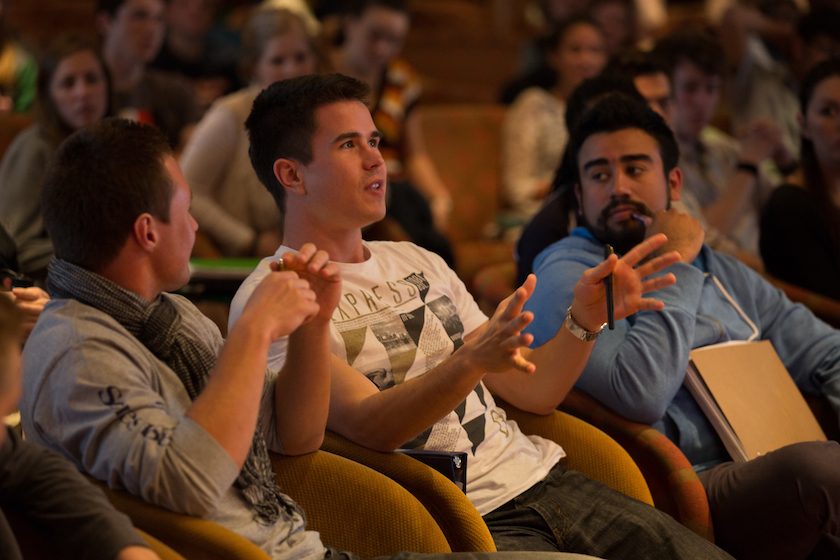
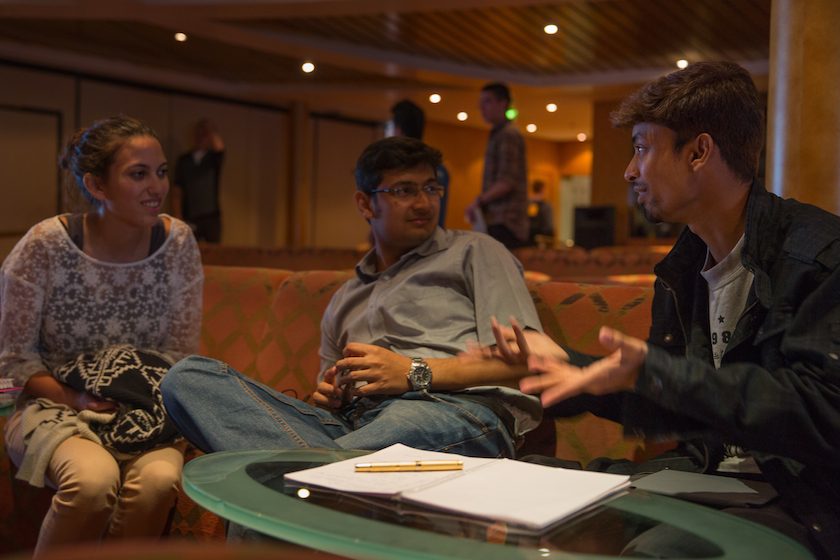
Photos by Danny Askew, Unreasonable Media
